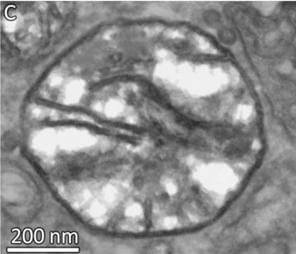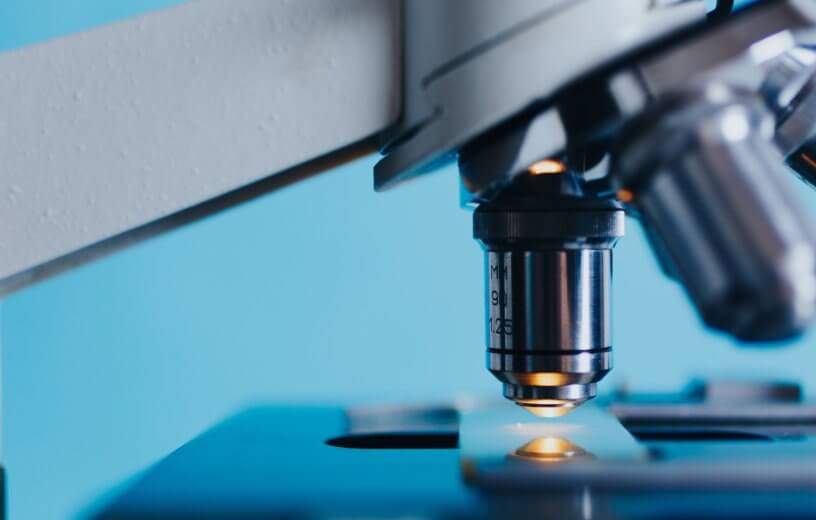TEL AVIV — Zoologists at Tel Aviv University (TAU) in Israel discovered a new animal that doesn’t breathe oxygen, challenging longstanding assumptions about the animal kingdom.
The newly-discovered species is a type of parasite called Henneguya salminicola. It lives in the muscles of a salmon and is made up of less than ten cells. It is related to corals and jellyfish. At some point in its evolution, the salmincola organelle stopped producing energy via aerobic respiration.

“Aerobic respiration was thought to be ubiquitous in animals, but now we confirmed that this is not the case,” explains professor Dorothee Huchon of the university’s School of Zoology in a media release. “Our discovery shows that evolution can go in strange directions. Aerobic respiration is a major source of energy, and yet we found an animal that gave up this critical pathway.”
Other organisms, such as fungi, amoebas, and those with ciliate lineages have lost their ability to breathe after living in anaerobic environments over time. Huchon’s study shows that organisms in the animal kingdom can evolve this way as well in anaerobic environments.
Another team of researchers from the US-Israel Binational Science Foundation sequenced Henneguya salminicola’s genome, along with related fish parasites and found no mitochondrial genes in the organelle’s DNA. Mitochondria capture oxygen in animal cells to process into energy.
The new findings challenge long-held assumptions that all animals must breathe oxygen because they are multicellular, highly-developed organisms that first appeared on the planet when oxygen levels started rising precipitously.
“It’s not yet clear to us how the parasite generates energy,” Huchon said. “It may be drawing it from the surrounding fish cells, or it may have a different type of respiration such as oxygen-free breathing, which typically characterizes anaerobic non-animal organisms.”
Huchon believes the study could be a crucial step in evolutionary research.
“It is generally thought that during evolution, organisms become more and more complex, and that simple single-celled or few-celled organisms are the ancestors of complex organisms,” she concluded. “But here, right before us, is an animal whose evolutionary process is the opposite. Living in an oxygen-free environment, it has shed unnecessary genes responsible for aerobic respiration and become an even simpler organism.”
The study was published in the journal PNAS.
